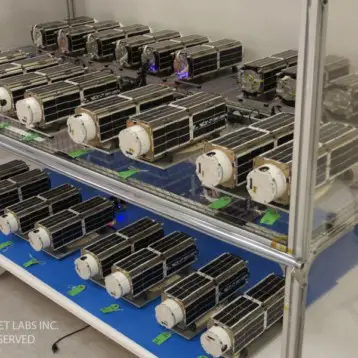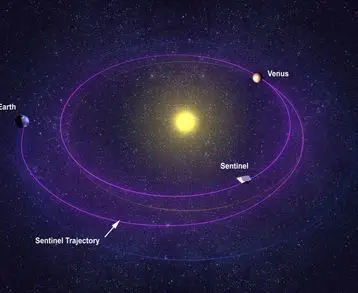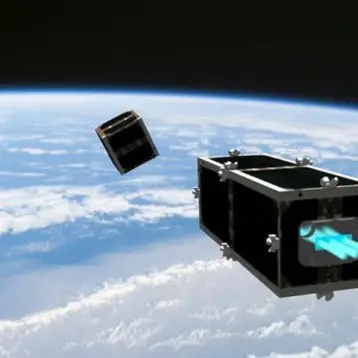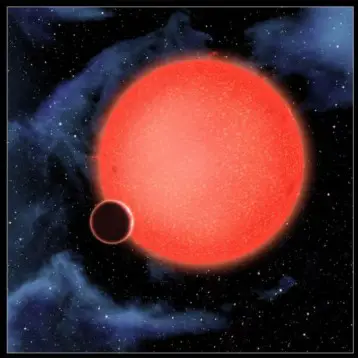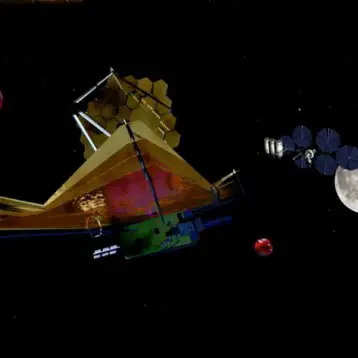Perchlorate is an ion consisting of a central chlorine atom surrounded by four oxygen atoms. It is found naturally on Earth in very arid locations such as the Atacama Desert in Chile. Compounds formed with perchlorate ions are stable and do not destroy organic material under normal conditions. However, they can interfere with normal thyroid function in humans and also can be a byproduct of industrial pollution, strengthening perchlorate’s reputation as a harmful chemical here on Earth.
Toxic Chemical Doesn’t Preclude Life on Mars
Researchers involved in analyzing the data collected by NASA’s Phoenix Mars Lander claim that the discovery of perchlorate on the planet’s surface doesn’t rule out the possibility of finding microbial life on Mars. Perchlorate is a weak oxidant used in rocket fuel and airbags (among other things) that can be harmful to life here on Earth under some circumstances.
Perchlorate was detected in two soil samples collected by the Microscopy, Electrochemistry, and Conductivity Analyzer. The first sample came from the Dodo-Goldilocks trench on June 25 and the second from the Snow White trench on July 6.
NASA is performing additional tests looking for perchlorate on Mars using the Thermal and Evolved-Gas Analyzer or TEGA. TEGA heats soil samples and examines the gases driven off by the heat. The first test using TEGA, a search for chlorine gas in the Snow White trench, came back negative. A positive result would have conclusively indicated perchlorate presence on Mars, but this negative result is not conclusive. Most perchlorate salts release chlorine gas when heated, but it is not a required property of such compounds.
There is a slight chance that the perchlorate found during the initial tests was unintentionally leaked from the Phoenix lander itself, but scientists believe this is unlikely given the fuel compounds used by the craft.
According to scientists, proof of perchlorate on Mars would not provide any real information on the existence of microbial life on the planet. However, it would alter the way we think about such life forms and how their biological processes work.
TFOT has reported on other aspects of the Phoenix Mars Lander mission including its discovery that Mars soil is similar to that found in Antarctica, the mission’s proof that water and ice exist on Mars, and its photograph of a single grain of Martian soil. In addition, TFOT has an article on a future Mars rover designed for the ESA.
The official NASA press release about the search for perchlorate can be found here.



